Cambodia’s education system has undergone significant transformations in recent decades. While notable advancements have been made in access and enrollment, challenges remain in quality, equity, and long-term outcomes. Understanding these nuances is crucial for evaluating the current landscape and charting a course for future development.
Structure and Access:
The Cambodian education system follows a 6+3+3 format, with six years of primary education, three years of lower secondary education, and three years of upper secondary education. Pre-school education is optional but gaining traction, with around 43% of children enrolled. Public education is free at the primary and lower secondary levels, contributing to a net enrollment rate of over 90%. Despite this progress, disparities persist, with rural areas lagging behind urban centers in terms of school availability and quality.
Curriculum and Learning:
The curriculum emphasizes Khmer language, mathematics, science, social studies, and life skills. English language learning is gaining importance, particularly in upper secondary education. While efforts are underway to improve the quality of teaching and learning materials, concerns remain about teacher qualifications and the effectiveness of pedagogical approaches. Standardized testing at different levels provides data for monitoring progress and identifying areas for improvement.
Higher Education and Skills Development:
Higher education opportunities are expanding, with public and private universities offering a diverse range of programs. However, access to higher education remains limited, with only around 15% of the eligible population enrolling. Vocational and technical training institutions are playing an increasingly important role in equipping graduates with job-ready skills. The government is also prioritizing STEM education and entrepreneurship to drive economic growth.
Challenges and Opportunities:
Cambodia’s education system faces several challenges, including teacher shortages, inadequate infrastructure, and disparities in quality between urban and rural areas. Additionally, ensuring that the curriculum meets the needs of the evolving job market remains a crucial task. Despite these challenges, several opportunities exist for further progress. Technological advancements can be leveraged to improve teaching methods and provide access to educational resources in remote areas. Public-private partnerships can contribute to infrastructure development and curriculum innovation. Strengthening vocational and technical education can better prepare graduates for the workforce.
Looking Ahead:
Cambodia’s education system is at a critical juncture. Continued investment in infrastructure, teacher training, and curriculum development is essential to ensure quality education for all. By addressing existing challenges and capitalizing on emerging opportunities, Cambodia can equip its future generations with the knowledge and skills needed to contribute to a prosperous and equitable society.

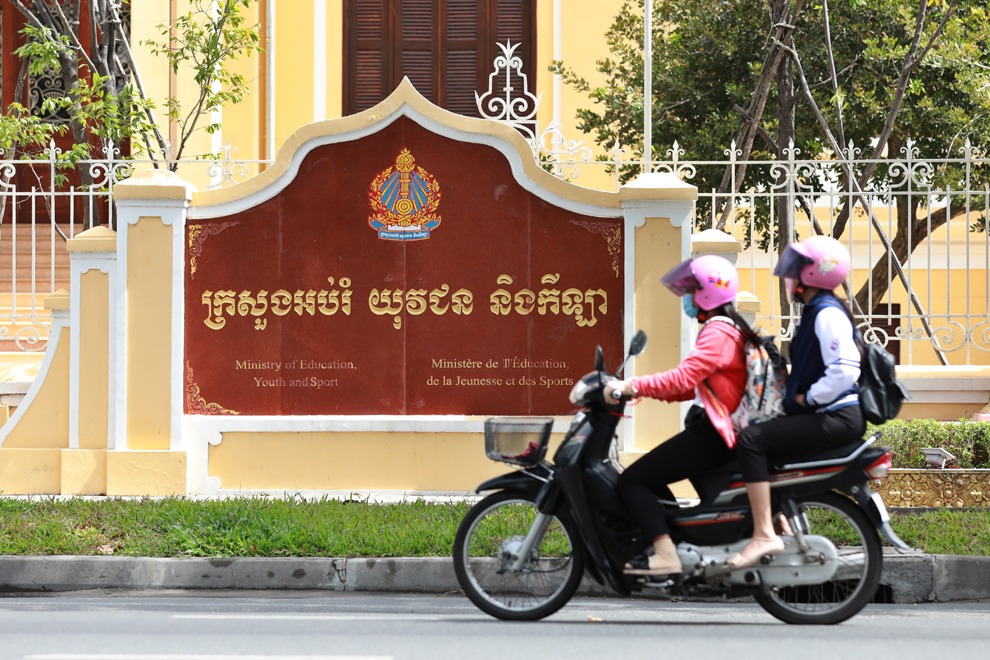

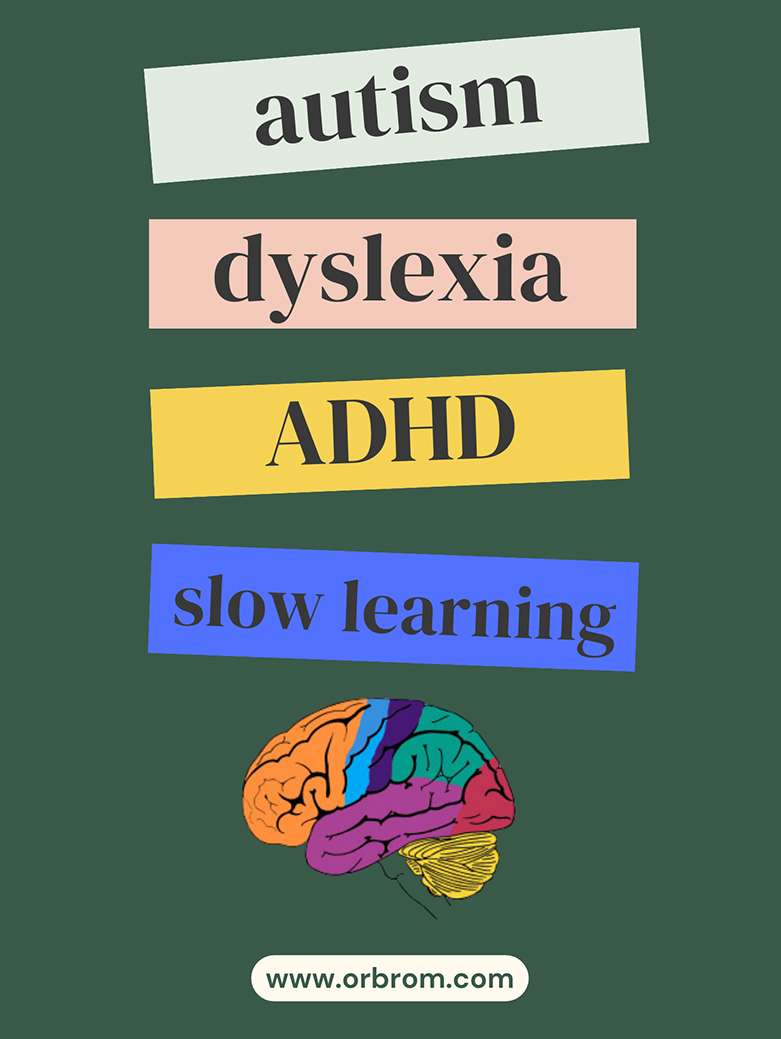

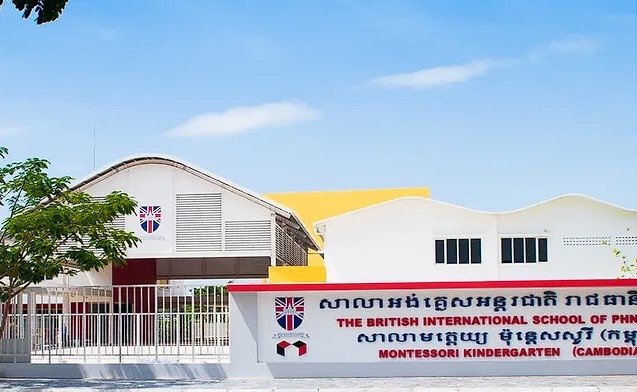
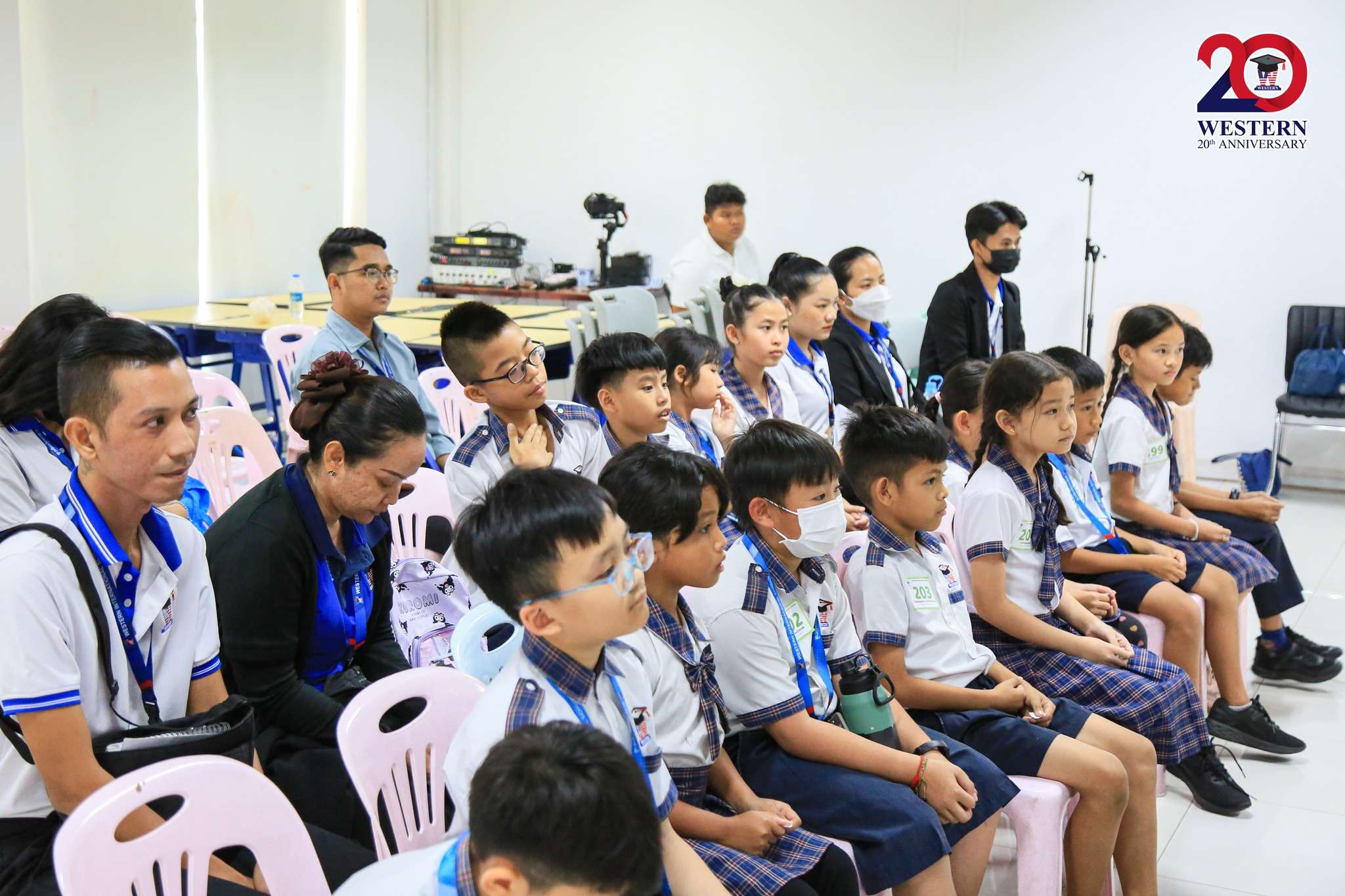
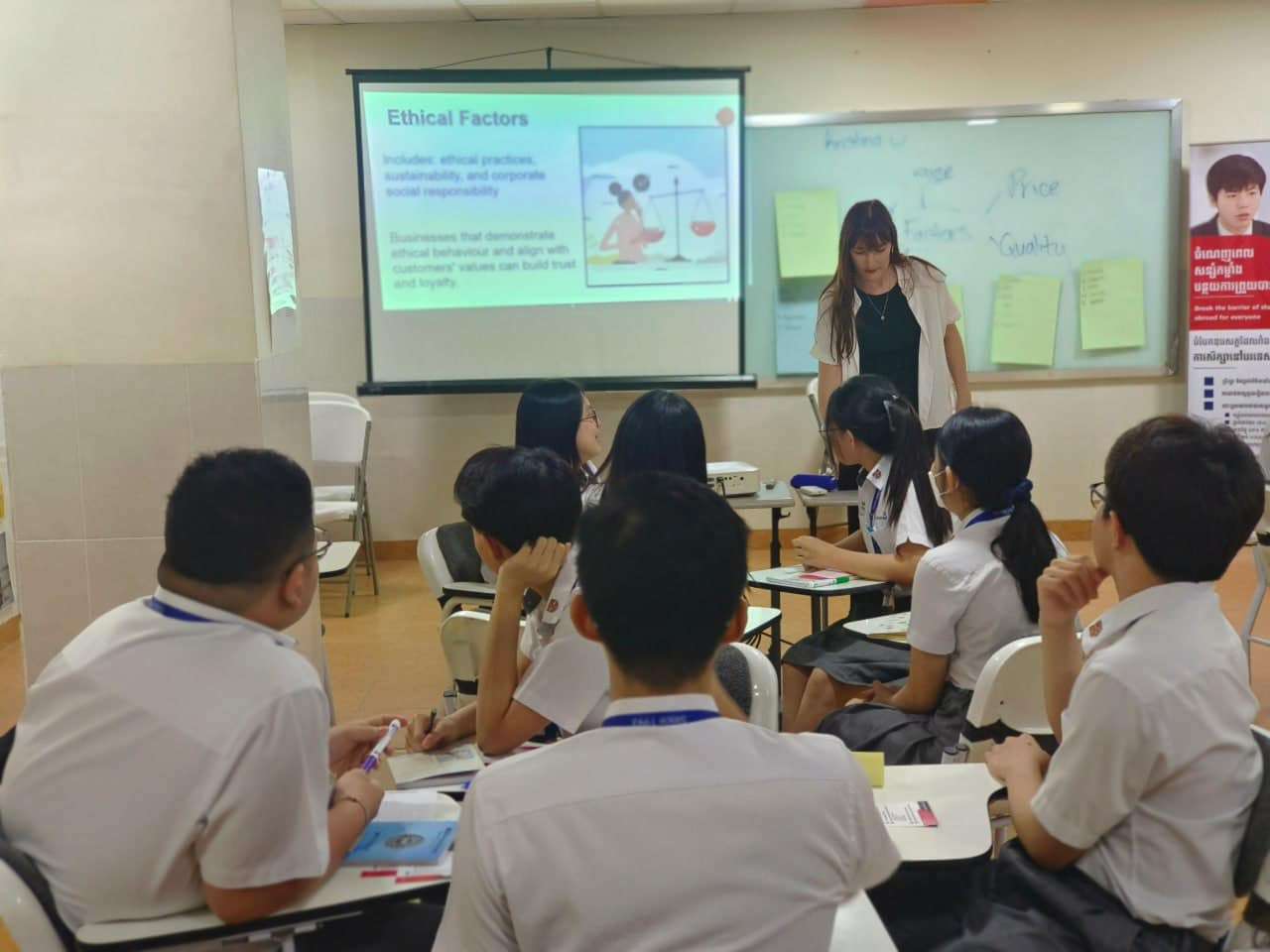
Leave A Comment